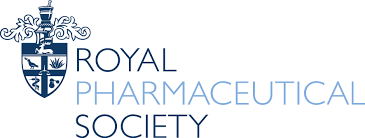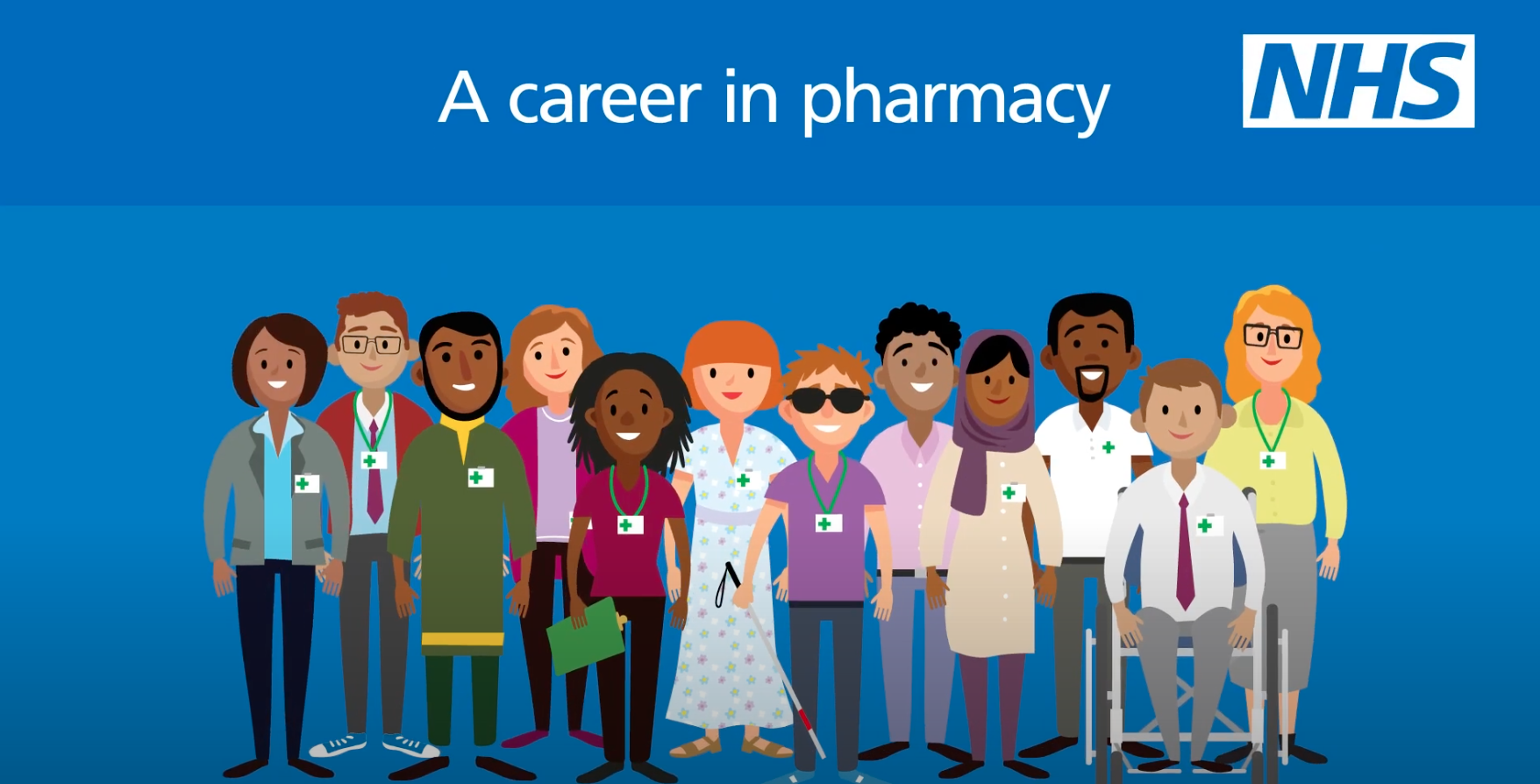Pharmacist training & regulation
Pharmacists are educated to degree level (MPharm) having undertaken a four-year course of university study.
In addition to completing their degree, they will have completed one year’s further postgraduate education under the supervision of a qualified pharmacist with an examination overseen by the professional regulatory body, the General Pharmaceutical Council, before becoming registered as a pharmacist.
As an expert in medicines and their use, a pharmacist will have studied Pharmacology, Pharmaceutical Chemistry, Pharmacognosy, Physiology, Law & Ethics and many other associated academic studies. Pharmacy is a science based subject, or more correctly collection of subjects, that brings together all aspects of the production and use of medicines and their impact on the human body.
In a world where the science behind pharmaceuticals is becoming increasingly complex, and where health and wellness depends on a sound understanding of medical principles, it is important for pharmacists to keep up to date and it is a professional obligation for all pharmacists to undertake continuing professional development.
While membership of the Royal Pharmaceutical Society (RPS), the professional leadership body that is akin to a Royal College, is not mandatory, many pharmacists belong. Those with distinction in the profession are Fellows. The RPS web site has more information about the training and development of pharmacists.

Are you interested in a career in pharmacy?
If you are interested in a career in pharmacy, Health Education England (HEE) have produced the following video and infographic resources:
- A career in pharmacy video
- A career in pharmacy infographic - roles, where you could work, opportunities in pharmacy

Other resources which may be helpful are: